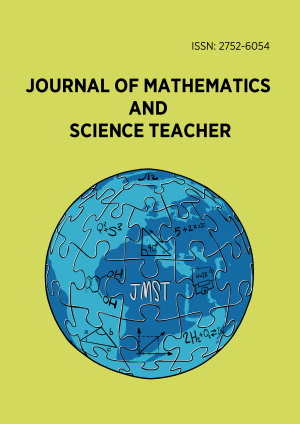Abstract
The force concept inventory (FCI) is a set of multiple-choice items that has been administered and analyzed in a number of regions across the world. The purpose of this study is to evaluate students’ comprehension of force concepts, using a thread that examines and analyzes the most common force concept misunderstandings among students. The FCI is distributed to 1,440 senior four students from various Ugandan schools. The ITEMAN software is used to assess students’ performance. Then a few FCI items are examined to acquire a better grasp of the students’ misunderstandings. Using the Gnuplot software, we displayed the students’ total scores versus their percentage scores for each FCI alternative choice, which provides greater visual confirmation of the findings than statistical analysis. The findings show that misunderstandings dispersed in accordance with students’ performance. The distractors are the most appealing of the analyzed FCI items, with the highest percentages of students picking each alternate option. Imitating that students enter physics classes preconceived about their prior knowledge, viewpoints, ideas, and values. As a result, this study underlines to Ugandan physics teachers that students have misconceptions. Physics teachers and students should interact in an active learning environment using conceptual change methods to correct misconceptions.
License
This is an open access article distributed under the Creative Commons Attribution License which permits unrestricted use, distribution, and reproduction in any medium, provided the original work is properly cited.
Article Type: Research Article
Journal of Mathematics and Science Teacher, Volume 2, Issue 1, 2022, Article No: em008
https://doi.org/10.29333/mathsciteacher/12049
Publication date: 24 Apr 2022
Article Views: 2322
Article Downloads: 2194
Open Access References How to cite this article
 Full Text (PDF)
Full Text (PDF)